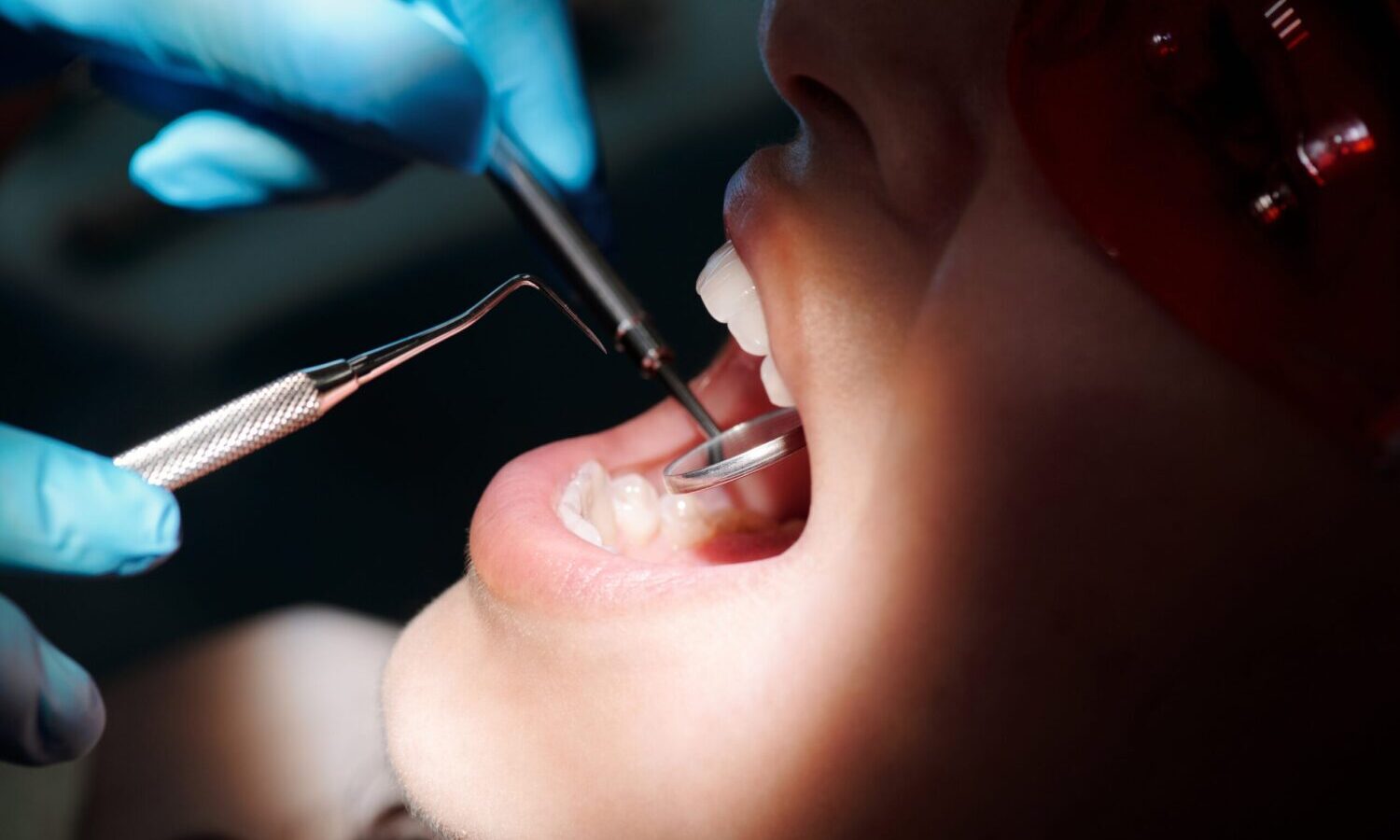
How smoking marijuana affects oral health
Through
It is well known that toxic materials enter the body through the mouth, affecting the lining of the mouth and various structures in our body, writes News Medical Life Sciences. While many studies have been conducted into the effects of tobacco smoke, new research into marijuana is becoming more common.
According to the new study, cannabis smoke condensate induces damage to human gingival epithelial cells through apoptosis, autophagy and oxidative stress, which was published in Archives of Oral Biology and examined how cannabis smoke condensate (CSC) affects gingival epithelial cells.
Photo by Caroline LM via Unsplash
RELATED: Study: Cannabis may help relieve insomnia in people suffering from depression and anxiety
The research analyzed the effect of CSC on cell shape, adhesion and viability at different time intervals using microscope and lactate dehydrogenase activity assays. The effects of CSC on autophagy, oxidative stress and cell apoptosis were analyzed using gene expression via an RT2-PCR array.
The results
“CSC deregulated the shape and adhesion of gingival epithelial cells, decreased cell viability and increased lactate dehydrogenase release. Its toxic effects included apoptosis, autophagy and oxidative stress,” the study authors wrote.
In short, cannabis smoke condensate is toxic to gingival epithelial cells. Similar effects have been observed with cigarette smoke condensate.
In addition, the scientists discovered that marijuana smoke caused higher expression of several genes, such as B. the TNF superfamily and the NLR family apoptosis inhibitor protein, which promoted the death of gingival epithelial cells by apoptosis. Furthermore, lowering CD40L gene expression disrupted cell communication and indirectly caused cell apoptosis.
RELATED: Is Cannabis Use Linked to Lung Disease and COVID-19?
Importantly, scientists believe that because epithelial cells are important to our innate immunity, their response to CSC exposure may have an important effect on the immune response. However, the authors noted that this suggestion should be examined in a new study.
In addition, these results come from a study performed on monolayer cell cultures and should be further confirmed by animal experiments.
This article originally appeared on Benzinga and has been republished with permission.

Post a comment: